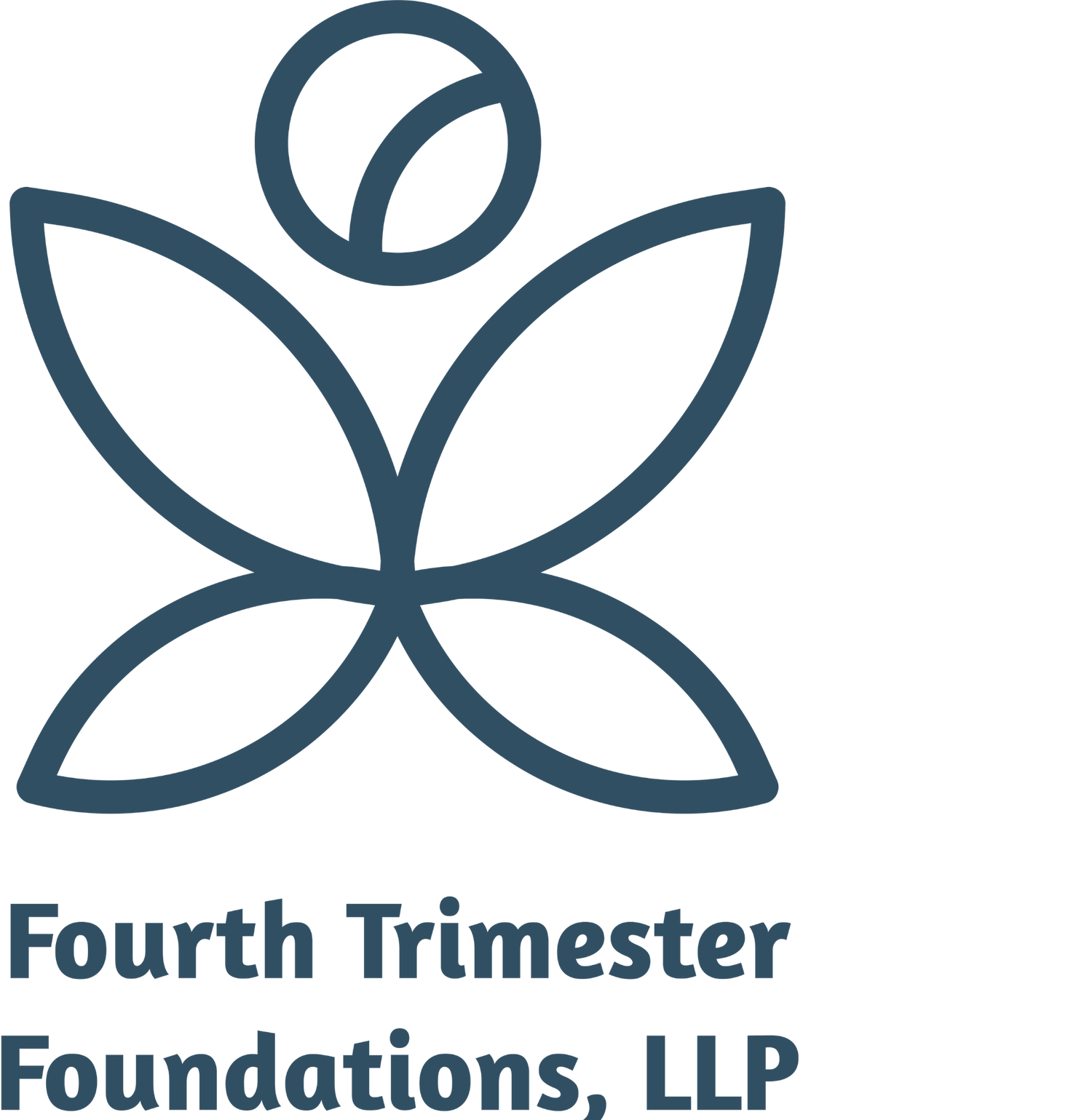Postpartum mood disorder recognition
I never thought to myself "I think I have postpartum depression or anxiety."
Instead I thought:
"Why am I worrying so much about this little thing?”
"Shouldn't I feel happy right now?”
"Why am I crying so often?”
"Do other moms feel this mad this quickly like I do?”
"This can't be how every new mom feels, can it?”
It's something that is almost impossible to name when you're in it. A postpartum mood disorder can make you feel like it is YOU that's the problem, and this is just how motherhood is.
Especially new mothers bringing home their newborn for the first time: "You've never been postpartum before, just give it time, get some rest, it will pass."
But what if it doesn't "pass?” Because statistically, it might not pass.
One in five new mothers experience a postpartum or perinatal mood (or anxiety) disorder.
Only 40% of these cases are diagnosed. And of those diagnosed, 60% seek treatment.
Of those 60% of mother who were left undiagnosed with a PPMD, I shudder to think how many were at their ONE and ONLY postpartum follow-up visit, crying right along with their babies, but smiling through the tears, trying to be strong and get out of there, just like I was.
The opportunity was there for me to hear the words from my provider, "I think you may be experiencing postpartum anxiety, let's talk more about it." But my OB in office questionnaire was normal and new mom life is hard, so it was never brought up.
A diagnosis doesn't change who you are. Sometimes a diagnosis doesn't change a thing. But a diagnosis can mean you have a better shot at taking the steps for healing.
Healing and treatment looks so very different to so many people. Sometimes it's the traditional therapy and medications. Other times it is exercising, practicing mindfulness, asking for support, setting boundaries, etc. Or a combo of both.
Takeaway from a been-there mama and maternal health care provider, if you feel like things are harder than they should be, they might be harder than they have to be. Mention it to someone you trust AND your postpartum health care provider. If you don't know or receive care for someone you trust, someone at the the PSI HelpLine can help 1-800-944-4773 ❤️
Your postpartum nurses Meg and Carly here to prepare you for postpartum and beyond. We want to make sure you have the education you need to care for your own healing body after birth, not just your baby.
Postpartum prep courses occurring virtually and regularly intended to be taken during pregnancy are now open for registration. Our return to work support group is pay what you can and supports that tough back to work transition. Then join us in our online community for the growth, support and empowerment to continue <3


